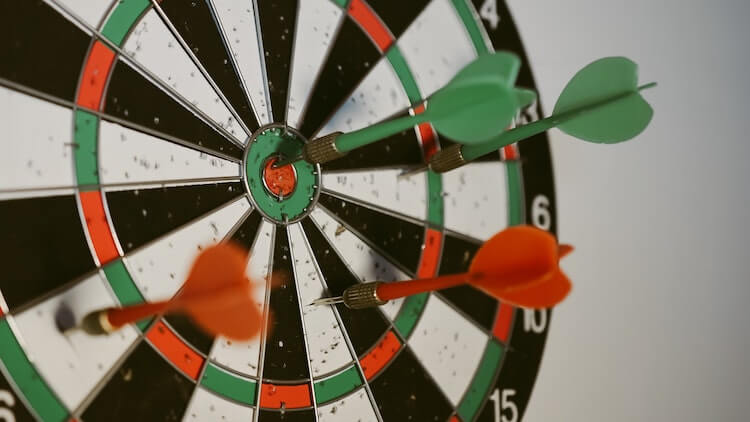Hiring is a time-consuming and costly task for employers as well as for employment agencies. They want to hire employees who contribute to the growth of the organization and it’s not easy for them to find the best talent. This is why employers prefer resumes that have a great balance of hard and soft skills required for the particular post. And, you cannot create such a resume without knowing the difference between soft skills and hard skills.
Even when the best talent is hired, the new employees must get training and orientation to the company, so they can contribute to the growth of the business. All this takes time, money, and effort. So, when it comes to hiring, companies determine the ability of candidates by looking at their hard and soft skills.
Hard skills and soft skills both are important for almost every job; let it be a full-time permanent position or a part-time freelance opportunity. However, every job requires a different balance of hard and soft skills.
Knowing the difference between soft skills and hard skills is essential for everyone because it allows you to create and update your resume accordingly. A well-written resume that shows your soft and hard skills clearly, attracts the employer’s attention, and saves time for both parties.

Let’s see what’s the difference between hard and soft skills, so you can mention them rightly on your resume
The Difference Between Hard & Soft Skills
The difference between soft skills and hard skills can be found in different ways, i.e. the way they are acquired, the way they are applied, and the way they benefit. Hard skills are often gained through education or professional training, i.e. technical knowledge of the tasks, operating a machine or software, and using specific tools and techniques to get a job done.
Soft skills on the other hand are often seen as personality traits, i.e. communication skills, handling certain situations, etc. Soft skills are essential for creating a functional environment at the workplace.
There are basically three ways to identify and understand the difference between soft skills and hard skills. Here it goes.
1- Difference in Transferability of Hard & Soft Skills
Hard skills are transferable skills and can be acquired at any time through proper education and training. They usually do not take much time and can be learned within a specified time frame.
Soft skills can also be acquired through training, however, they are more of the habits that take a long time to get developed. Moreover, learning new soft skills requires a willingness to adapt to the changes as well.
2- Difference in the Measurement of Hard & Soft Skills
Hard skills are abilities and talents that can be measured, i.e. through setting job-specific goals like sales targets, subscription goals, campaign performance, quality of the product that you have developed, etc.
On the other hand, you can not measure all soft skills objectively, i.e. however, it is possible to measure their impact subjectively in overall performance, i.e. ability to handle certain situations, accountability, work ethics, etc.
3- Difference Between Soft Skills and Hard Skills Application
Hard skills are usually specific to a particular job, i.e. working as a cashier in a supermarket you have developed a hard skill for operating POS. This skill is usable only on jobs that involve POS. Similarly, your knowledge of PHP will be useful only in programming projects using PHP technology.
Soft skills on the other hand are universal and any one can use them anywhere, i.e. at the workplace, in personal life, in social situations, etc. And so, your soft skills like communication skills, emotional intelligence, problem-solving skills, empathy, work ethic can be helpful in all kinds of jobs.
The Bottom Line
Now you know the difference between soft skills and hard skills you can understand that both hard and soft skills are important to grow your career, and it is equally essential for every professional to know the difference between hard and soft skills, so they can better create a resume that can help them land a better paying job.
Soft skills can be helpful in finding and getting a job and growing your career further, while hard skills are important to successfully perform technical tasks in a job.








